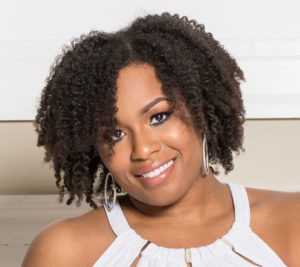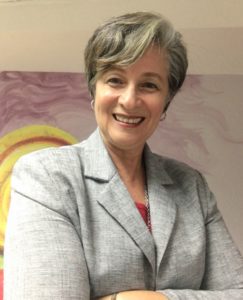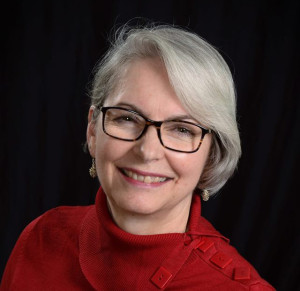Many Americans see little or no benefit in the heightened focus on racial injustice since the high-profile police killings of George Floyd and other Black Americans during the coronavirus pandemic, new polling reveals.
Natasha Nedrick, however, is not one of them. People of faith, especially, are duty bound to keep pushing for racial justice, she said.

Natasha Nedrick
“We have to keep up this momentum, not just as a social movement but as a Christian responsibility to further justice, to reach out to the marginalized and to be concerned about the least of these,” said Nedrick, associate minister at Greenforest Community Baptist Church in Atlanta.
“These are just basic Christian principles. There is no moral out as Christians to say, ‘Let’s just take a pause.’”
But roughly half of Americans don’t see it that way.
“The public is about evenly split on whether the increased focus on issues of race and racial inequality in the country … will lead to major policy changes to address racial inequality,” the Pew Research Center reported in a survey published last month.
Among U.S. adults, 46% said increased attention on racial inequalities will not improve the lives of Black people, compared to 52% who said it would.
Respondents also were asked if such attention would culminate in major policy changes addressing racial inequality. Pew found that 51% said it would not and 48% said it would.
“While a majority say the heightened attention to racial issues represents a change in the way most Americans think about these issues, just 34% say this represents a major change,” Pew reported.
But Nedrick and others intent on pressing for social and racial justice say even the slightest let up can result in untold suffering among Blacks and other people of color in the United States.

Doris García Rivera
Doris García Rivera, interim chief executive officer of the Baptist Peace Fellowship of North America and a long-time social activist, said it’s crucial to strike while the iron is hot.
“The murder of George Floyd has become a symbol of the brutality and the violence that has been used against countless others,” she said. “And when he became a symbol, it became a key moment in the movement.
“In social movements there are key moments when you must push for as much as you can for change. If the pressure is lowered in the midst of a pandemic, which is important also, we lose the momentum and we lose the intentionality and we lose the attention of the public.”
The Peace Fellowship is capitalizing on that momentum to examine its own policies, practices and past with regard to racism, García Rivera added. “We are progressive, but that doesn’t mean we don’t engage in racist behaviors.”
Paying attention to racial justice issues also rose to the top of a recent nationwide survey that guided the Cooperative Baptist Fellowship’s new Toward Bold Faithfulness initiative.
Paula Dempsey, director of partnership relations for the Alliance of Baptists, said her organization also is undergoing an internal process to make its gatherings, hiring policies and other practices more racially just.
The Pew survey evidenced white exhaustion with the self-examination needed to understand and end racism, she said.

Paula Dempsey
“Whites don’t have the appetites for this conversation, yet it is a conversation we can no longer ignore,” Dempsey said. “We have ignored it way too long, and there are too many people who are suffering because we have ignored it.”
But whites and white churches must push through that reluctance to confront their racism and seek ways out of it, she said.
“We can’t keep talking about being colorblind. We just can’t. If the white church doesn’t come out of this time of pandemic and of racial injustice changed, then we might as well just let it die.”
The white church must answer the calling to be liberators of the oppressed, Dempsey said. “If we can’t step up and be the people God is calling us to be, why are we here? And God is calling us to be agents of liberation of all of God’s people.”
Nedrick said Christ’s own life exemplified staying on task even when exhausted in challenging times: “Jesus said let the dead bury the dead. Even in the midst of a lot of hard stuff and a lot of pressure, the work and the purpose God has given us still has to go forward.”
The movement against racism can’t stop because it is as much about changing hearts and minds as it is about changing public policy, she added. “How can you reach a point where you say we have done enough?”


